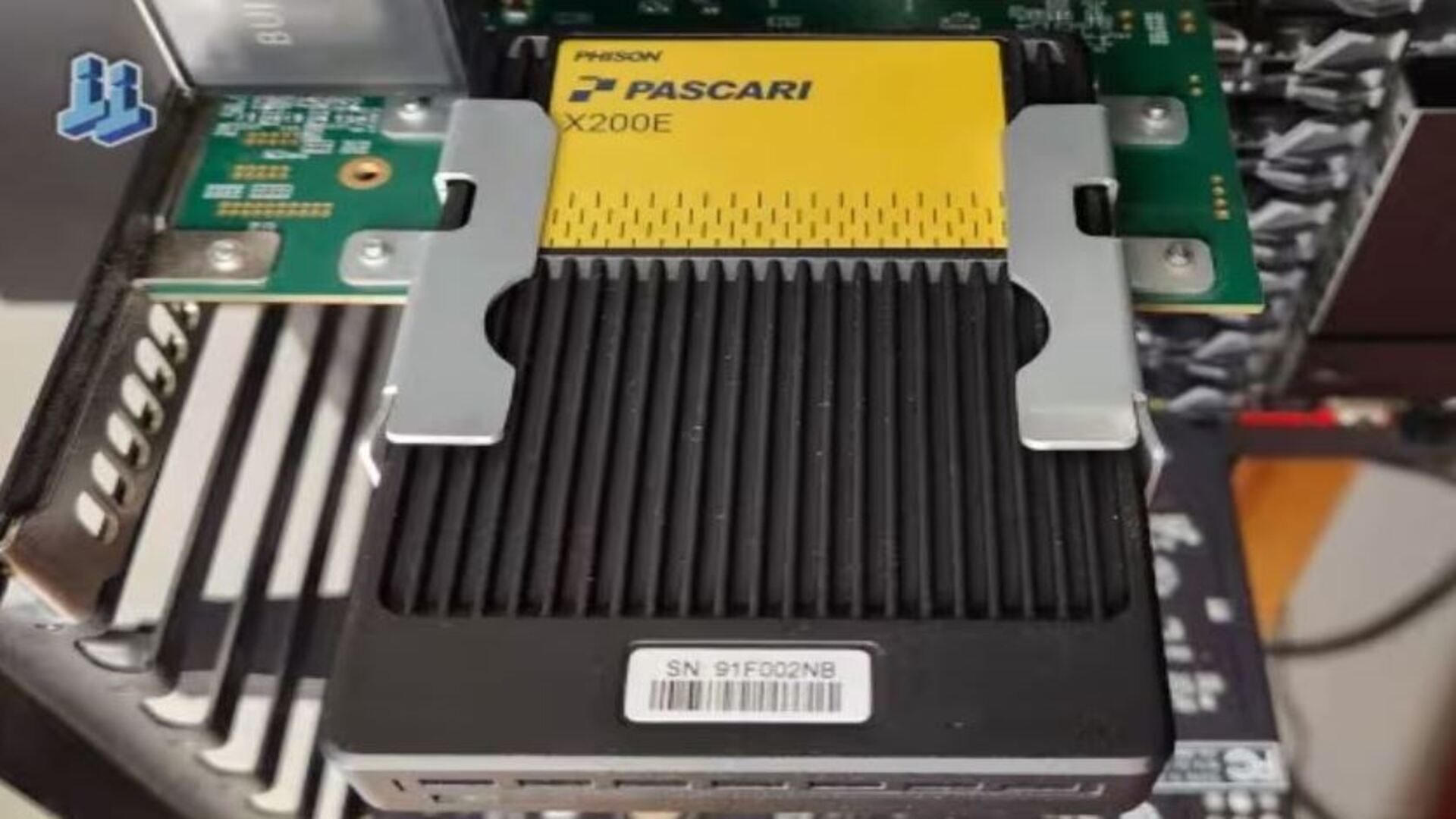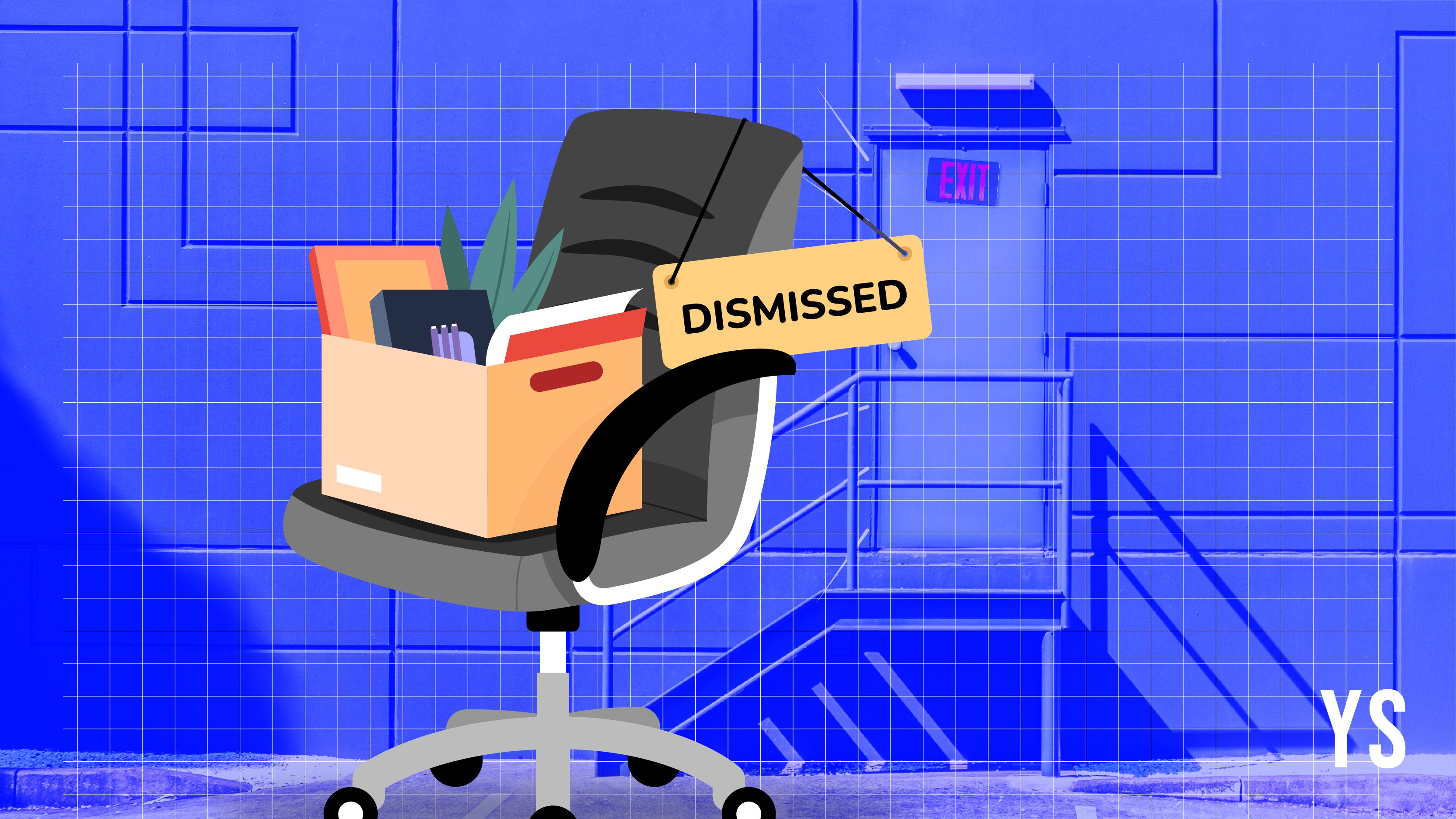Every Developer Needs to Self-Host
I used to think self hosting was something only sysadmins or homelab nerds did. You know, the kind of people who run Proxmox clusters in their basements and talk about ZFS at parties. But then I self hosted my first service. And everything changed. (insert dramatic music here) Today, I run Sliplane.io, a platform for managed Docker hosting, but it all started with something incredibly simple: spinning up a Minecraft server for my friends when I was a teenager. And while I didn’t know it then, that decision to self host set me on the path to becoming a cloud infrastructure engineer, building distributed systems, and ultimately launching my own cloud company. Self hosting is not just about saving money or going off grid. It is about learning the skills that power the internet and unlocking opportunities you might not even know exist yet. Here is why I believe every developer should self host at least once. Self Hosting Teaches You How Software Really Runs When you self host something, you go beyond "npm start" and start thinking like an operator. You need to: Make sure your app does not crash silently using something like systemd or PM2 Expose the right ports to the outside world Persist data across reboots Understand how the operating system manages services and files You stop thinking like just a developer and start thinking like someone responsible for keeping systems online. That is not something you learn from pushing to Heroku or clicking a deploy button. (Yes, this is ironic coming from someone building a platform that does just that) You Learn Networking by Doing Self hosting forces you to figure out: How DNS records work What a reverse proxy does How to issue SSL certificates What causes a misrouted request When I was 13, I had no idea what a CNAME was. I just wanted my Minecraft server to be reachable at a nice looking domain. But in the process, I learned more about DNS, NAT, and port forwarding than I ever did in school (and even university!). Those same skills apply to modern stacks like Kubernetes and cloud infrastructure. The fundamentals do not change. You Start Thinking About Security When you expose software to the internet, you begin asking better questions: Is there an admin panel open to the world? Is my database protected by a strong password? Should it even be exposed? Am I using HTTPS correctly? If you have ever accidentally left an ssh instance or Redis port exposed, you learn quickly that the internet is not a friendly place. Just look at how many ssh login attempts you get on your server that are not from you! These lessons make you a better developer. You stop building only for functionality and start thinking about safety and resilience. You Learn DevOps Without Trying I never set out to learn DevOps. I just wanted to run a few services for personal use. A website. A Minecraft server. A file sync tool. But I ended up learning: Docker and Docker Compose Persistent volumes and health checks How to recover from crashes How to automate deployments That accidental education became a rabit hole and then a career. Later I worked on serious production infrastructure, and my early self hosting experience gave me a huge advantage. You do not need to become a DevOps engineer to benefit from this. Self hosting gives you a mental model of how the internet works. That is valuable no matter what you build! Self Hosting Builds Confidence Self hosting teaches you how to troubleshoot problems in the real world. SSH into a server and read logs? No problem Debug a DNS issue? You have done it before Migrate a database without downtime? You know what to watch for Once you have hosted something yourself, production environments stop being scary. You become comfortable with the tools and processes that keep real applications online. You think like a builder, not just a coder. It Can Lead to a Career Hosting Teamspeak and Minecraft servers as a teenager eventually led to something much bigger. I became a cloud infrastructure engineer. I started building my own orchestrators. Eventually I launched Sliplane.io, a platform that helps developers run and manage containers without dealing with the complexity of Kubernetes or AWS. I am not the only one with this kind of story! Many indie hackers, freelancers, and startup founders began by self hosting something. That small step sparked curiosity and opened doors. If you are starting now, it is not too late. Self hosting one tool can lead to a real career and give you superpowers as a developer. Where to Start You do not need a rack of servers or a ton of time to self host something useful. I would always recommend hosting something you use every day. If you need some ideas, here are some great options to begin with: n8n for no code workflow automation Uptime Kuma to monitor your websites Plausible Analytics fo
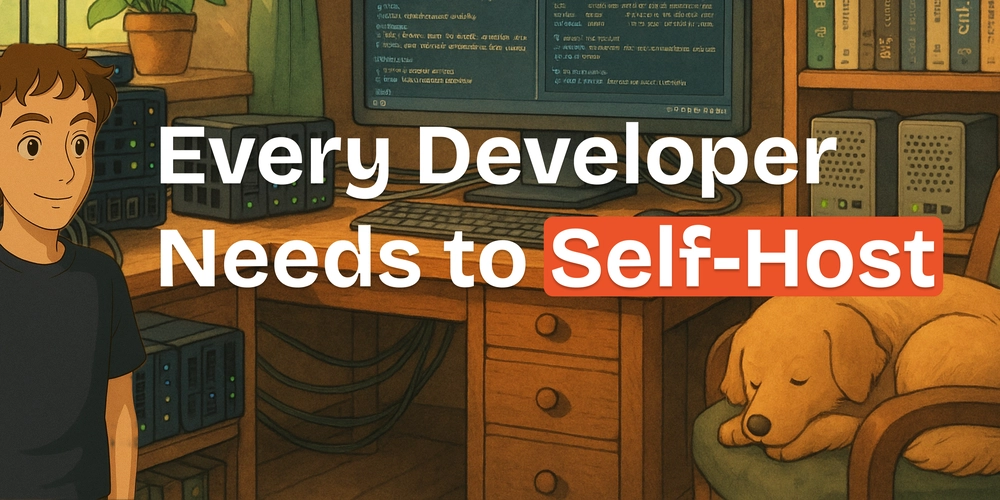
I used to think self hosting was something only sysadmins or homelab nerds did.
You know, the kind of people who run Proxmox clusters in their basements and talk about ZFS at parties.
But then I self hosted my first service.
And everything changed. (insert dramatic music here)
Today, I run Sliplane.io, a platform for managed Docker hosting, but it all started with something incredibly simple: spinning up a Minecraft server for my friends when I was a teenager.
And while I didn’t know it then, that decision to self host set me on the path to becoming a cloud infrastructure engineer, building distributed systems, and ultimately launching my own cloud company. Self hosting is not just about saving money or going off grid.
It is about learning the skills that power the internet and unlocking opportunities you might not even know exist yet.
Here is why I believe every developer should self host at least once.
Self Hosting Teaches You How Software Really Runs
When you self host something, you go beyond "npm start" and start thinking like an operator.
You need to:
- Make sure your app does not crash silently using something like systemd or PM2
- Expose the right ports to the outside world
- Persist data across reboots
- Understand how the operating system manages services and files
You stop thinking like just a developer and start thinking like someone responsible for keeping systems online.
That is not something you learn from pushing to Heroku or clicking a deploy button. (Yes, this is ironic coming from someone building a platform that does just that)
You Learn Networking by Doing
Self hosting forces you to figure out:
- How DNS records work
- What a reverse proxy does
- How to issue SSL certificates
- What causes a misrouted request
When I was 13, I had no idea what a CNAME was. I just wanted my Minecraft server to be reachable at a nice looking domain.
But in the process, I learned more about DNS, NAT, and port forwarding than I ever did in school (and even university!).
Those same skills apply to modern stacks like Kubernetes and cloud infrastructure. The fundamentals do not change.
You Start Thinking About Security
When you expose software to the internet, you begin asking better questions:
- Is there an admin panel open to the world?
- Is my database protected by a strong password? Should it even be exposed?
- Am I using HTTPS correctly?
If you have ever accidentally left an ssh instance or Redis port exposed, you learn quickly that the internet is not a friendly place. Just look at how many ssh login attempts you get on your server that are not from you!
These lessons make you a better developer. You stop building only for functionality and start thinking about safety and resilience.
You Learn DevOps Without Trying
I never set out to learn DevOps.
I just wanted to run a few services for personal use. A website. A Minecraft server. A file sync tool.
But I ended up learning:
- Docker and Docker Compose
- Persistent volumes and health checks
- How to recover from crashes
- How to automate deployments
That accidental education became a rabit hole and then a career. Later I worked on serious production infrastructure, and my early self hosting experience gave me a huge advantage.
You do not need to become a DevOps engineer to benefit from this. Self hosting gives you a mental model of how the internet works. That is valuable no matter what you build!
Self Hosting Builds Confidence
Self hosting teaches you how to troubleshoot problems in the real world.
- SSH into a server and read logs? No problem
- Debug a DNS issue? You have done it before
- Migrate a database without downtime? You know what to watch for
Once you have hosted something yourself, production environments stop being scary.
You become comfortable with the tools and processes that keep real applications online.
You think like a builder, not just a coder.
It Can Lead to a Career
Hosting Teamspeak and Minecraft servers as a teenager eventually led to something much bigger.
I became a cloud infrastructure engineer. I started building my own orchestrators.
Eventually I launched Sliplane.io, a platform that helps developers run and manage containers without dealing with the complexity of Kubernetes or AWS.
I am not the only one with this kind of story! Many indie hackers, freelancers, and startup founders began by self hosting something.
That small step sparked curiosity and opened doors.
If you are starting now, it is not too late. Self hosting one tool can lead to a real career and give you superpowers as a developer.
Where to Start
You do not need a rack of servers or a ton of time to self host something useful.
I would always recommend hosting something you use every day. If you need some ideas, here are some great options to begin with:
- n8n for no code workflow automation
- Uptime Kuma to monitor your websites
- Plausible Analytics for privacy focused web analytics
- Postgres with Adminer to explore databases
- Caddy or Traefik for auto HTTPS and reverse proxying
Pick one and deploy it on a cheap VPS. You get 20 Euros for free on Hetzner. That is enough to run a server for ~4 months :)
Break things. Fix them. Break them again.
You will learn more in a weekend than in a month of tutorials.
Final Thoughts
You do not need to self host everything.
You do not need to be a system administrator.
But you should try it at least once.
Start small. Start messy. Start now.
You might just surprise yourself :)
Cheers,
Jonas, Co-Founder of Sliplane.io










































































































































































![[The AI Show Episode 144]: ChatGPT’s New Memory, Shopify CEO’s Leaked “AI First” Memo, Google Cloud Next Releases, o3 and o4-mini Coming Soon & Llama 4’s Rocky Launch](https://www.marketingaiinstitute.com/hubfs/ep%20144%20cover.png)

















































































































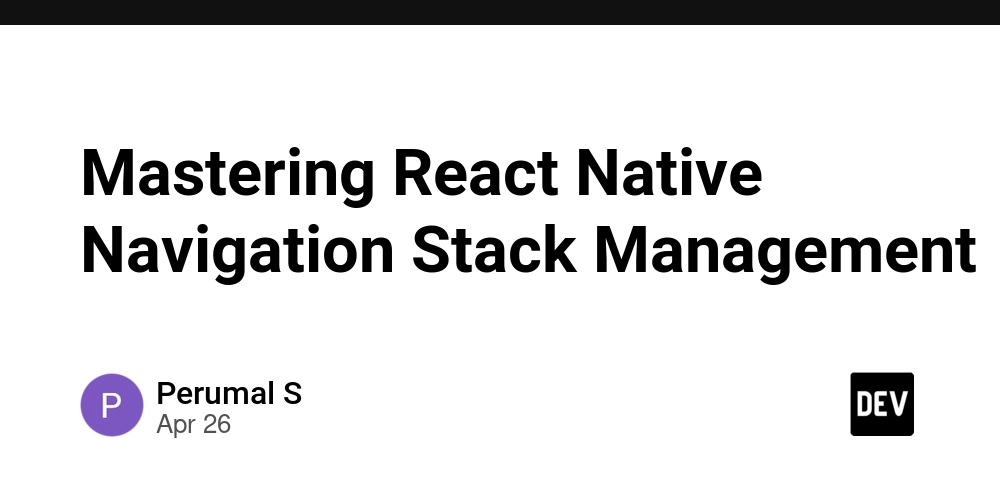
































































.jpg?width=1920&height=1920&fit=bounds&quality=70&format=jpg&auto=webp#)








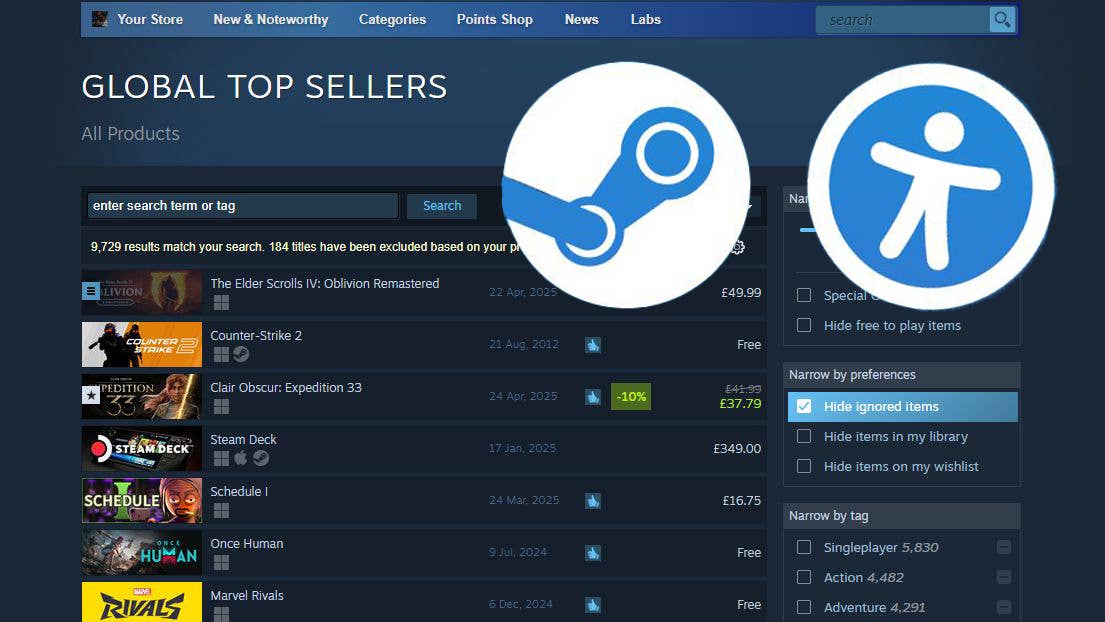














































































_Olekcii_Mach_Alamy.jpg?width=1280&auto=webp&quality=80&disable=upscale#)













































































































![Apple Drops New Immersive Adventure Episode for Vision Pro: 'Hill Climb' [Video]](https://www.iclarified.com/images/news/97133/97133/97133-640.jpg)

![Most iPhones Sold in the U.S. Will Be Made in India by 2026 [Report]](https://www.iclarified.com/images/news/97130/97130/97130-640.jpg)
![Apple to Shift Robotics Unit From AI Division to Hardware Engineering [Report]](https://www.iclarified.com/images/news/97128/97128/97128-640.jpg)


















